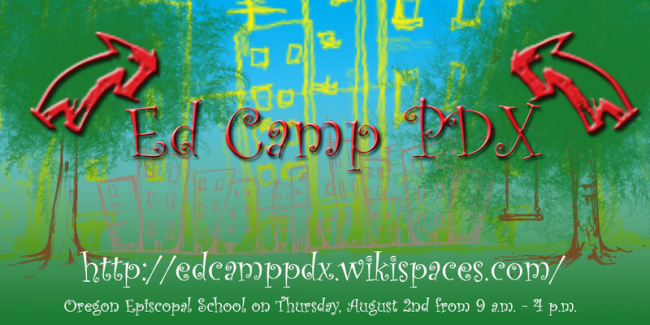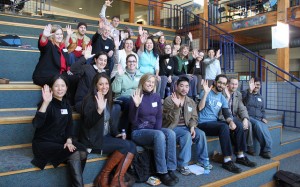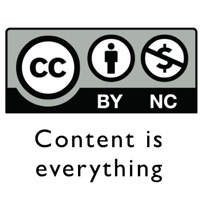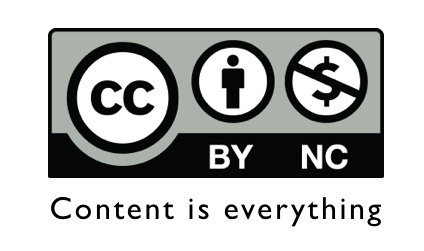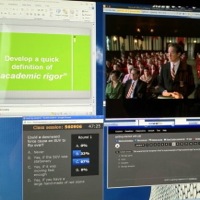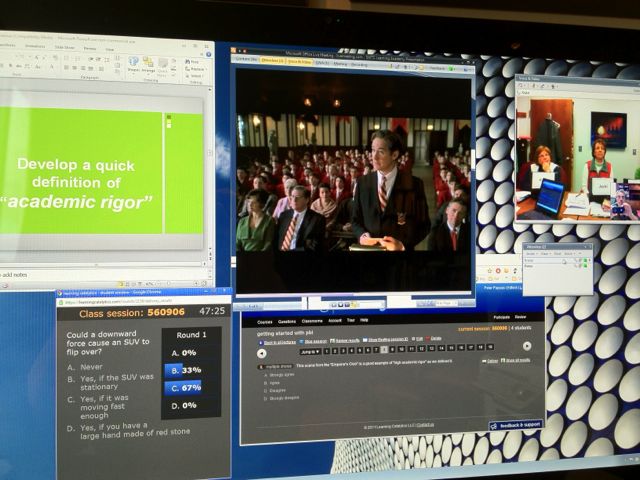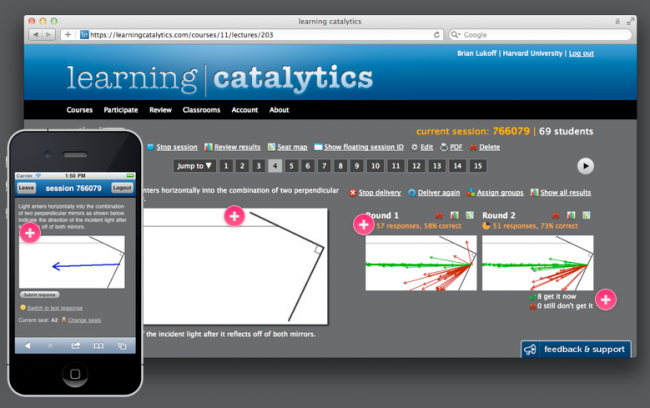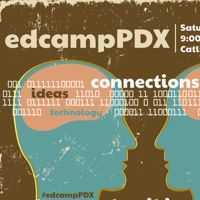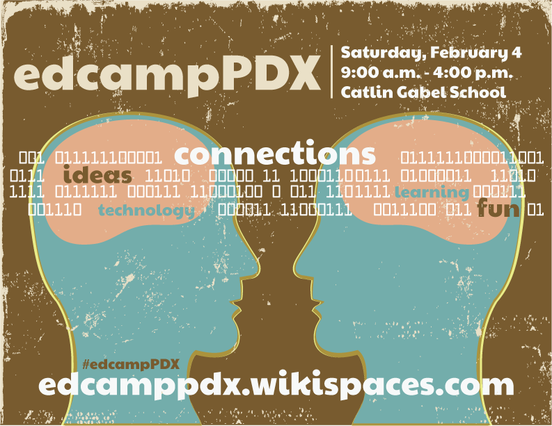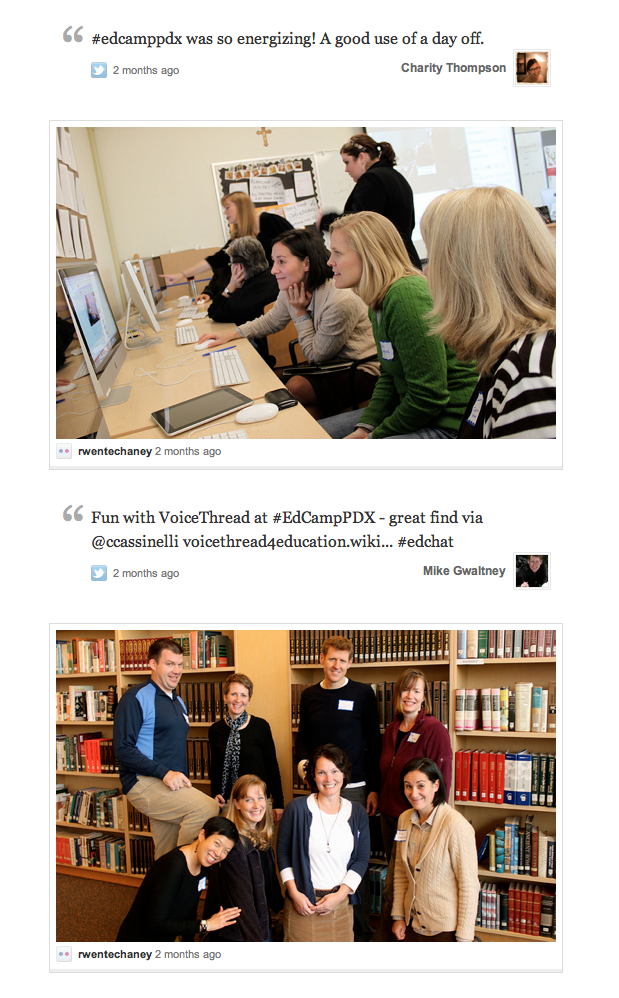At the end of my recent keynote on the power of reflection at TechitU, I closed by saying something to the effect “… as a teacher you get to reinvent yourselves every year … if you want to change the status quo at school, know that everything is conspiring against you … testing, parent expectations, curriculum mandates, etc … so perhaps you’ll need to be a bit subversive.”
If state testing went away tomorrow, would we actually teach differently?
Since I made that “subversive” comment, I’ve been thinking about reflective questions that would challenge the status quo in school. My list was getting rather long, so I decided to split it into two posts. This post focuses on reflective questions for teachers to consider when thinking about their approach to instruction. Its companion post, 14 Provocative Questions for the Faculty poses disruptive questions for teachers and administrators thinking about reforming their school at the program level.
- If a question has a correct answer, is it worth asking?
- If something is “Googleable” why would we spend precious class time teaching it?
- When we ask students to summarize, do we actually want to know what’s important to them?
- What do you suppose students think they are supposed to be doing when we ask them to analyze?
- Do you ever ask your students questions you don’t know the answer to? Why not?
- Think about all those things we teach kids claiming “you’ll need to know this someday.” With the exception of teaching it, when’s the last time you needed to know any of that stuff?
- Do your students need more information, or skills in how to critically evaluate the information that surrounds them?
- How much of what’s really important in life, is taught in a classroom?
- Why do we usually teach all the boring facts first and save the interesting stuff for later?
- When we cover material, what is it that we think we have accomplished?
- Is being told something the same as learning it?
- What would content area teaching look like if it were taught the way an art teacher teaches art?
- If state testing went away tomorrow, would we actually teach differently?
Add your subversive questions in the comment section below!
“Subversive” inspired by “Teaching As a Subversive Activity” by Neil Postman and Charles Weingartner. You should read it.
“13” is a cool number and people love reading blog posts that are enumerated lists.
Image credit: Banksy subversive street artist.




